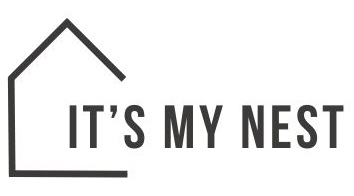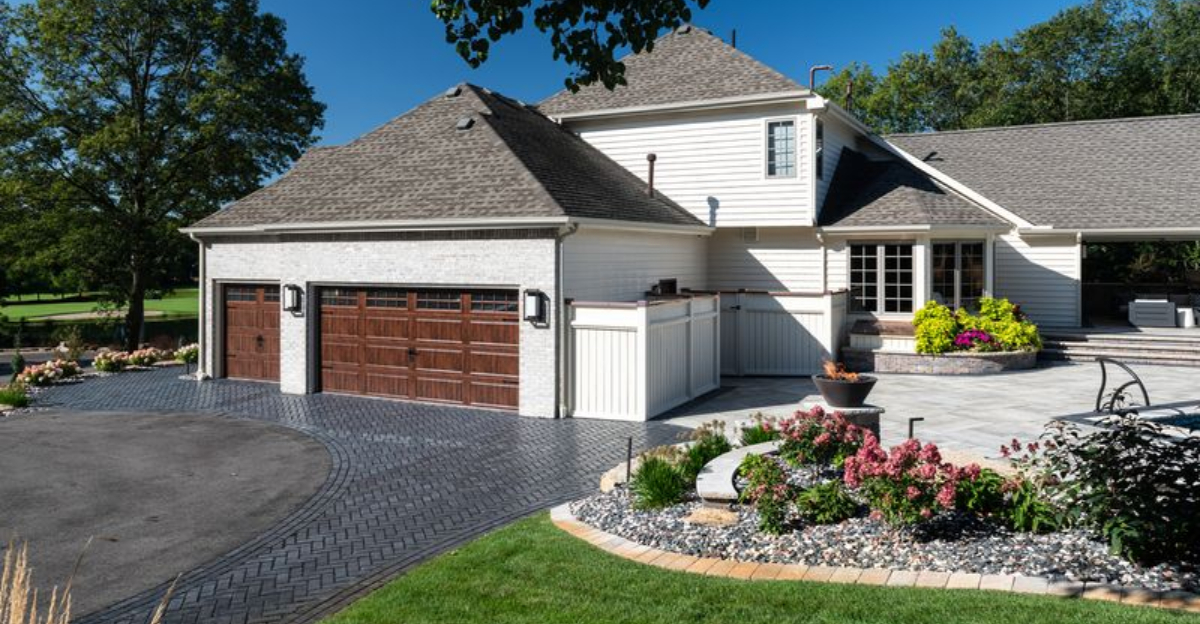Suburban dream homes aren’t always as perfect as they seem. What once seemed like fantastic additions to your property might now be causing unexpected legal troubles with neighbors, municipalities, and insurance companies.
From backyard fire pits to towering fences, these common suburban features are increasingly landing homeowners in hot water with local authorities and creating costly complications.
1. Unpermitted Basement Apartments

Behind many suburban walk-out basements lurks a potential lawsuit waiting to happen. Converting these spaces into rental units without proper permits violates zoning laws in most municipalities.
Safety concerns abound when these spaces lack proper egress windows, fire-rated walls, and separate utility connections. Even if you’ve been renting one for years without issues, a single complaint can trigger hefty fines.
2. DIY Deck Extensions
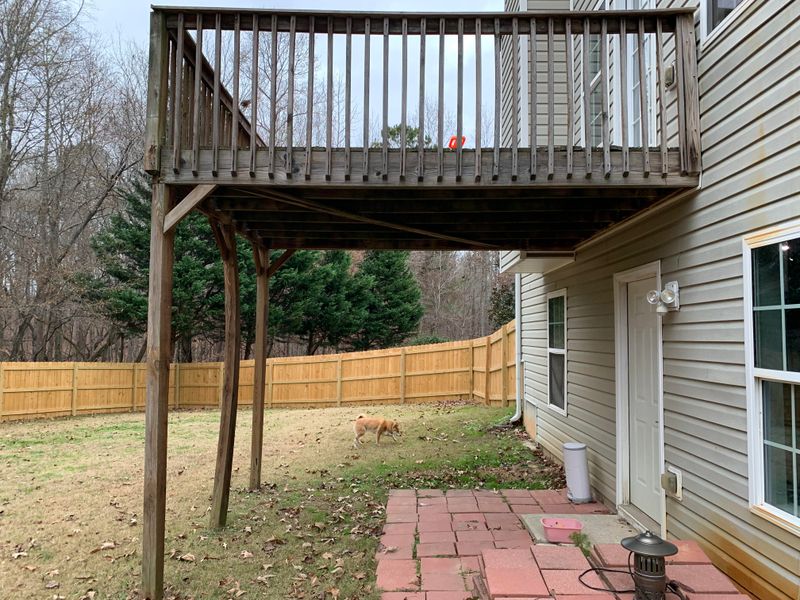
Weekend warriors love tackling deck projects, but improperly built extensions spell trouble. Without engineering approval, these structures might not withstand weight loads or weather conditions.
Many homeowners skip crucial permits, assuming small additions don’t matter. When someone gets injured or the structure fails, insurance companies typically deny claims on unpermitted work, leaving you financially exposed to massive liability.
3. Backyard Chicken Coops
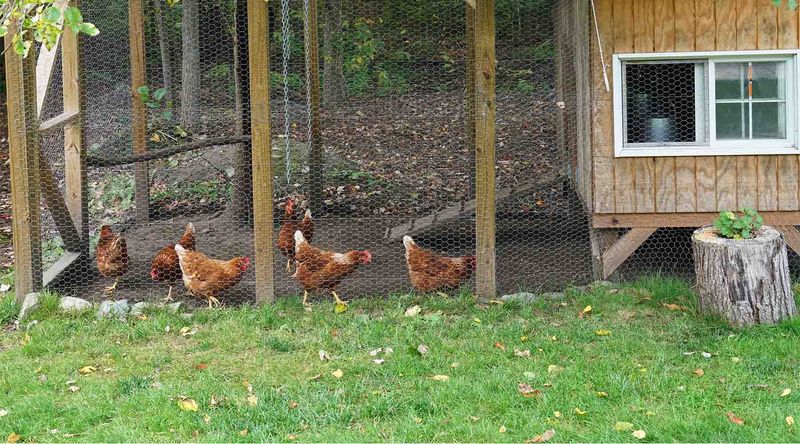
Raising chickens may seem like a harmless hobby, but numerous municipalities have strict regulations about livestock, even in small numbers.
Your feathered friends could run afoul of local ordinances limiting the number of birds, coop placement, or rooster prohibitions. Neighbors bothered by noise or odors frequently file complaints, forcing some suburban farmers to dismantle their operations entirely.
4. Front Yard Vegetable Gardens
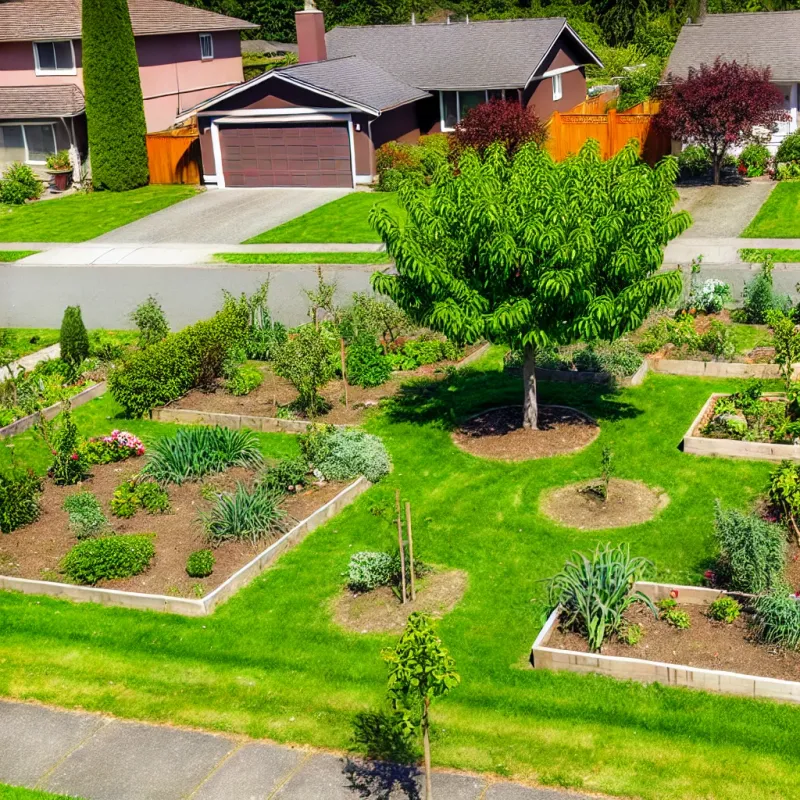
Growing your own produce might seem like a constitutional right, but many HOAs and municipalities disagree. Front yard gardens often violate aesthetic ordinances designed to maintain neighborhood property values.
Homeowners have faced thousands in fines for replacing traditional lawns with tomatoes and zucchini. While some areas are becoming more garden-friendly, many still enforce strict rules about what can grow in your front yard.
5. Short-Term Rental Conversions
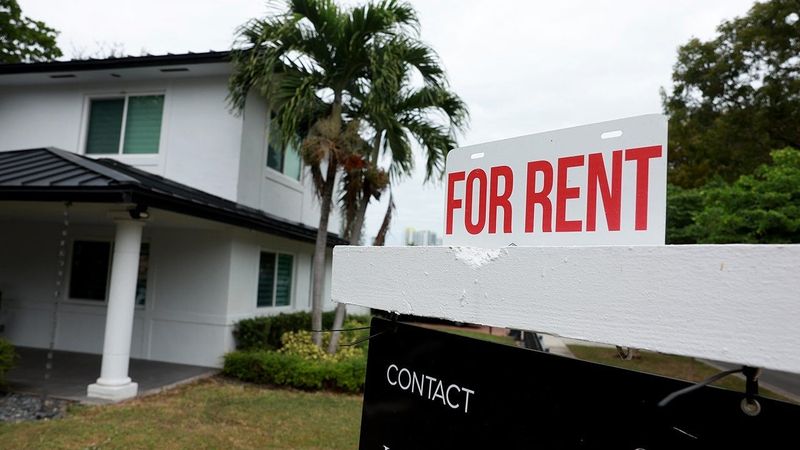
Turning your suburban home into a weekend getaway for strangers has become increasingly problematic. Many neighborhoods and municipalities have enacted strict regulations against Airbnb-style rentals.
Violators face substantial fines, tax complications, and even lawsuits from neighbors. The legal landscape changes constantly, with some areas requiring special licenses, occupancy taxes, or outright banning these rentals in residential zones.
6. Oversized Fences
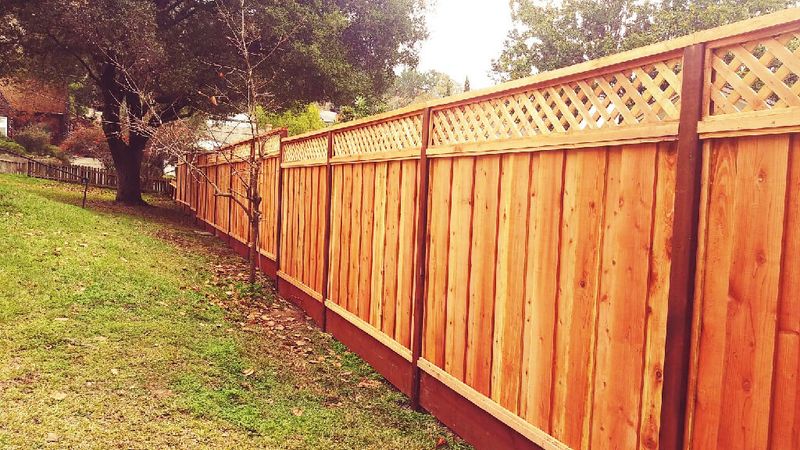
Good fences make good neighbors—unless they exceed height restrictions. That six-foot privacy barrier might be breaking local ordinances that typically cap residential fences at four feet in front yards.
Improperly placed fences can also encroach on property lines or block visibility at corners. When disputes arise, surveys and legal fees quickly surpass what you paid for the fence itself, turning your boundary solution into a boundary problem.
7. Backyard Fire Pits
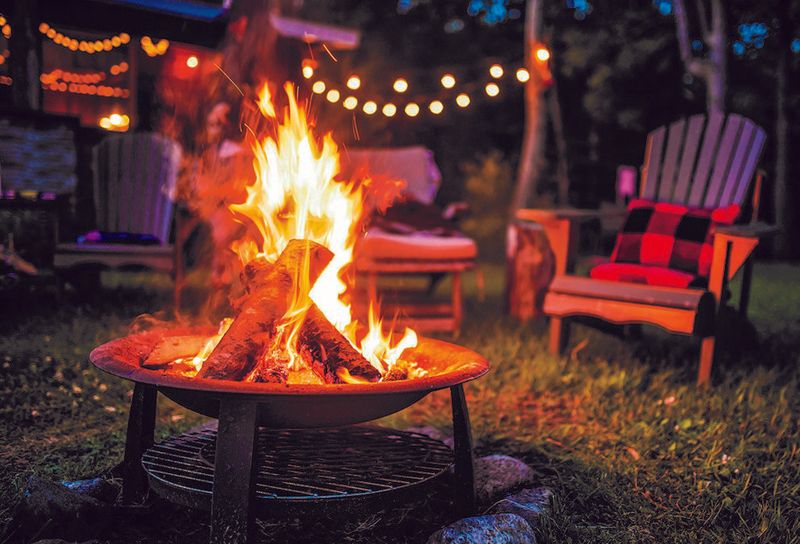
Those cozy evening gatherings around flickering flames could be igniting more than just marshmallows. Many municipalities restrict open burning or require specific permits for permanent fire features.
Insurance companies increasingly view these installations as liability risks. Smoke complaints from neighbors can trigger environmental citations, while improper installation near structures or trees creates genuine fire hazards that could void your homeowner’s policy.
8. Unpermitted Swimming Pools

Nothing screams “summer fun” like a backyard pool, but that above-ground oasis could be drowning you in legal troubles. Most jurisdictions require permits, inspections, and specific safety features like fencing.
Insurance companies may deny coverage for accidents in unpermitted pools. Additionally, many homeowners don’t realize these structures often increase property taxes, and installing one without proper disclosure can result in back-tax bills and penalties.
9. Home-Based Businesses
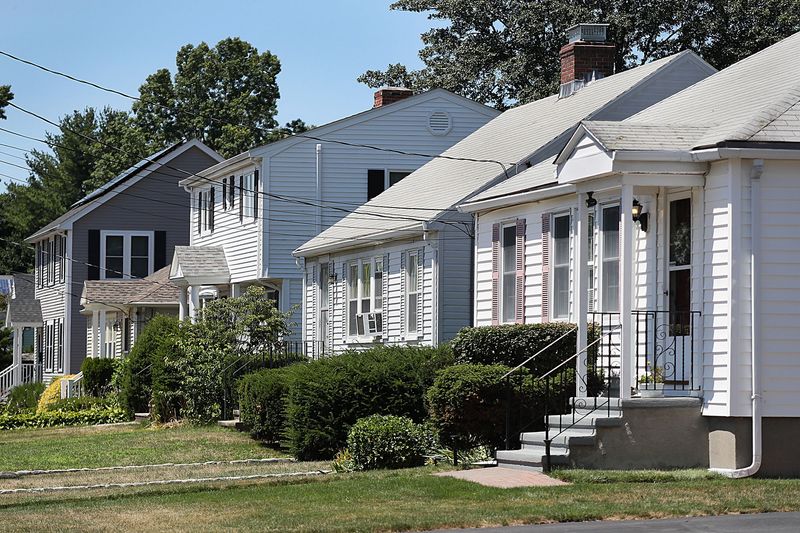
Your kitchen table startup might violate residential zoning laws that prohibit commercial activities. Even online businesses can cross legal lines when inventory storage, shipping activities, or client visits increase.
Neighbors frequently complain about traffic, parking issues, and noise from home businesses. Operating without proper permits risks fines, business license violations, and even tax complications that can turn your side hustle into a major financial headache.
10. Accessory Dwelling Units
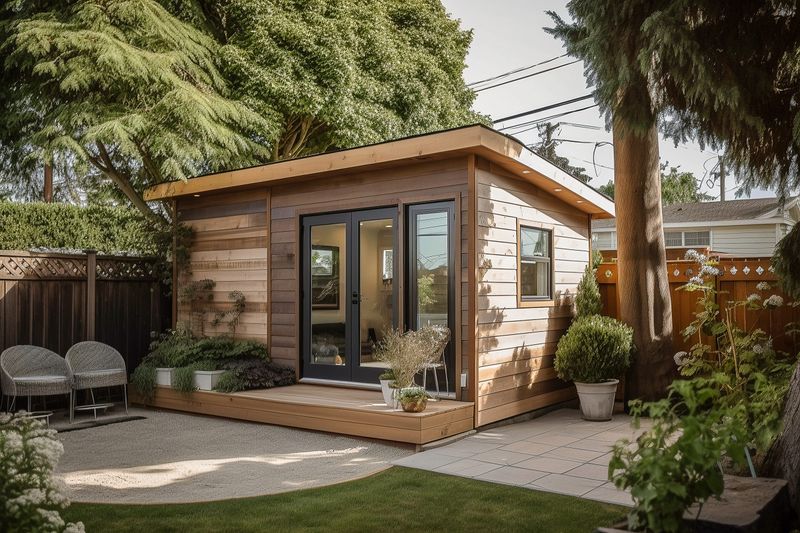
Converting garages or building backyard cottages for aging parents or rental income has surged in popularity. Yet these accessory dwelling units (ADUs) face a maze of regulations that vary dramatically between municipalities.
Common violations include exceeding size restrictions, improper utility connections, and inadequate parking provisions. Even where ADUs are legal, many homeowners skip crucial permits, creating potential disasters when selling or refinancing their properties.
11. Drainage Modifications
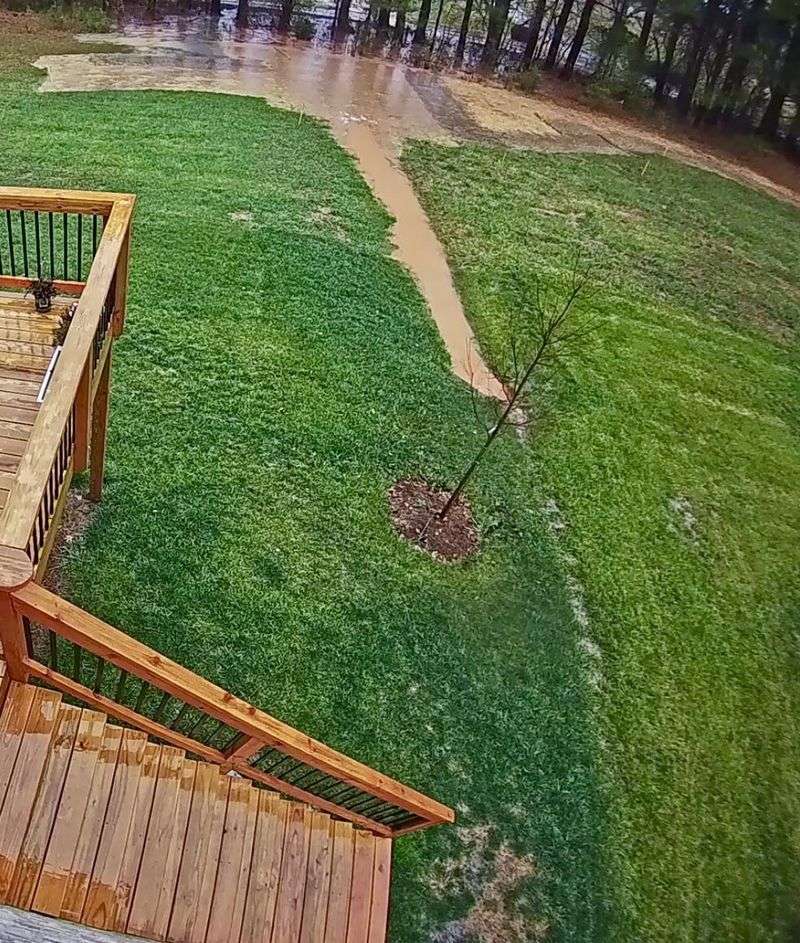
Redirecting water away from your foundation seems sensible until your neighbor’s basement floods. Altering natural drainage patterns often violates local watershed ordinances and property laws.
Water-related disputes rank among the most contentious neighborhood conflicts. Installing French drains, regrading yards, or adding impermeable surfaces without proper engineering can create legal liability when your “solution” becomes someone else’s flooding problem.
12. Extensive Hardscaping
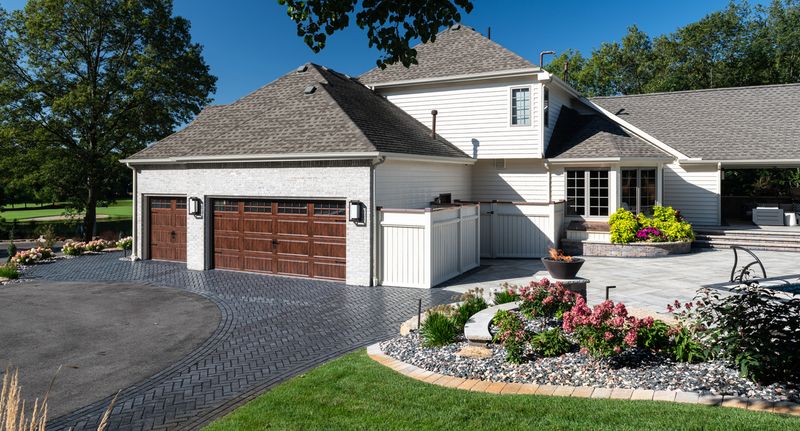
Transforming your yard into a maintenance-free paradise of patios and stone features might exceed impervious surface limits. Many municipalities restrict how much of your property can be covered with non-absorbent materials.
These regulations exist to prevent stormwater runoff issues and protect local watersheds. Violations can trigger environmental citations, removal orders, and significant restoration costs when your beautiful patio turns out to be an environmental hazard.
13. Towering Playsets
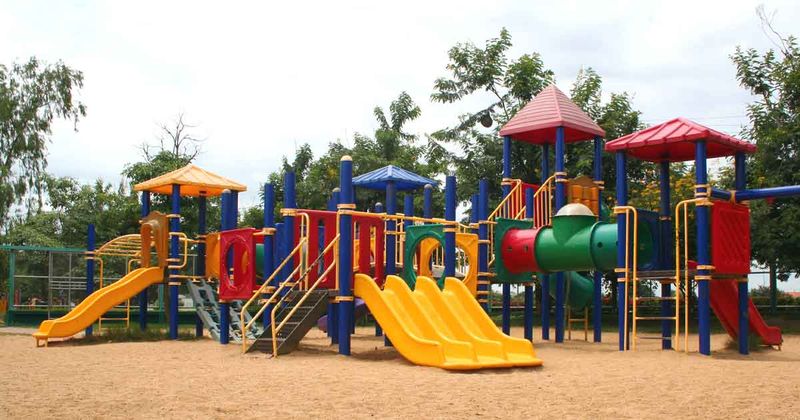
Those elaborate backyard playgrounds with multiple levels, zip lines, and climbing walls might constitute unauthorized structures. Many jurisdictions classify large playsets as accessory buildings requiring permits and setbacks from property lines.
Insurance companies view these features as “attractive nuisances” that increase liability exposure. Without proper safety surfacing and structural integrity, these childhood havens can become legal nightmares if neighborhood children sustain injuries while playing.
14. Unpermitted Solar Installations
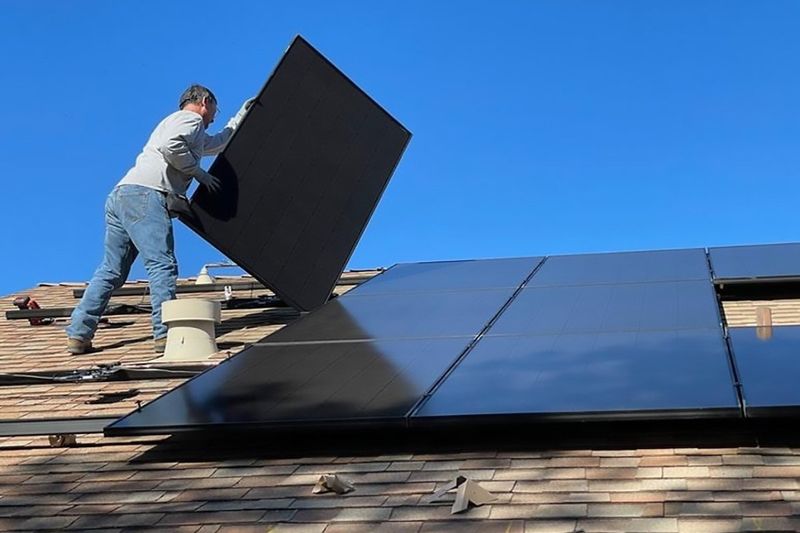
Going green shouldn’t mean going rogue with rooftop solar panels. While environmentally friendly, these systems still require proper permits, engineering approval, and often HOA authorization.
DIY installations or using unlicensed contractors can create fire hazards, void roof warranties, and violate electrical codes. Some homeowners discover their eco-friendly upgrade is technically illegal when selling their home, forcing expensive retroactive permitting or even removal.
15. Makeshift Car Ports
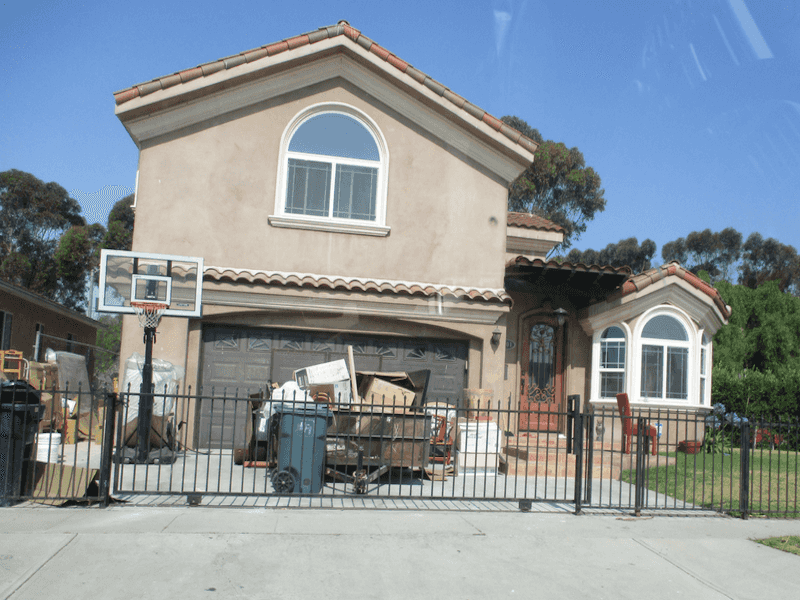
Those temporary fabric shelters protecting vehicles from the elements often violate zoning ordinances and HOA rules. Despite their seemingly temporary nature, many municipalities classify these structures as permanent additions requiring permits.
Wind damage from improperly secured carports can create liability issues if they damage neighboring property. Even metal versions bolted to driveways frequently run afoul of front-yard setback requirements and aesthetic regulations in planned communities.
